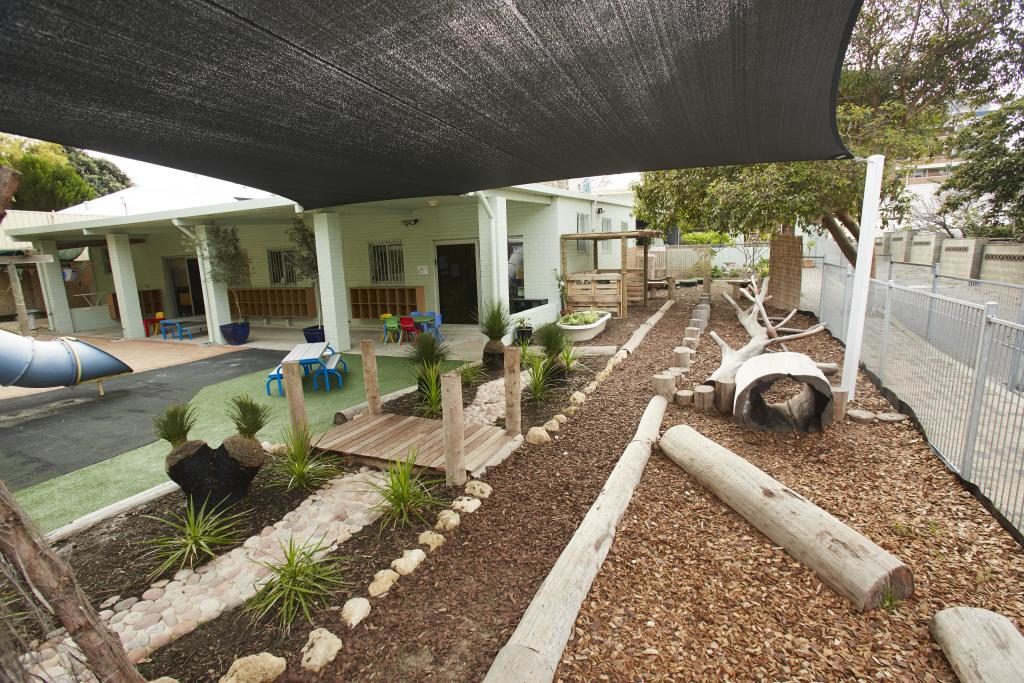It’s never too early to start teaching your child values.

Values aren’t linked to any particular culture, philosophy or religion. Qualities like respect, honesty, justice, equality, kindness, consideration for others, empathy, sincerity, patience, compassion, self-discipline, resilience and determination (there’s a long list!) are universal – and they make the world a better place.
Helping young children with values shouldn’t only start when the child starts walking and talking. Even newborns have a sense of their surroundings and as every responsible parent and carer knows, the learning context is just as important as the content. The whole environment – where, how, by whom and in what way a child is taught – has everything to do with what they learn and how much they learn. And those closest to babies and young children, their parents and carers, play a major role in helping to instil values in a child starting from a very early age.
And remember, learning doesn’t just happen during formal activities.
Babies and children are like sponges, they absorb everything around them, watching and listening, taking their cues from others and mirroring actions and behaviours. If we’re going to help our children learn about good values and promote the importance of always trying to ‘do the right thing’ in life, we need to teach by example.
Here are five ways that parents and carers can help with young children and their values.
1. Show integrity. You can encourage your child to be truthful only if you are honest yourself. Telling lies – even seemingly harmless white lies – is confusing to a young child and sends mixed messages and you should never ask a child to be complicit in an untruth. “You broke Dad’s favourite glass, but don’t worry, we’ll tell him the dog did it.”
2. Live your values. Your actions speak far louder than any words. If you want your child to grow up to be a responsible citizen with good values, then it starts at home. Being polite to people. Demonstrating patience and restraint when situations are frustrating or annoying. Showing compassion. Caring for others. Being generous and kind. Remedying a wrong. Apologising and take ownership for mistakes. The more your child sees and experiences your values in action, for example offering to help an elderly person carry their bags, recycling waste or putting money into the charity tin at your local shopping centre, the deeper they will be instilled in them.
3. Be encouraging, not critical. People’s lives are busy and families can find themselves under undue pressure. Finding the inner strength to be calm, kind and encouraging when a child is playing up or has done something wrong is hard and often exhausting – but the outcomes will be far, far better if you respond with a generous spirit. Constant criticism destroys a child’s confidence so always try for a gentle explanation of the situation and work out solutions together using your values as a framework.
4. Communicate. Your child will model your behaviour but parents and carers should try and take every opportunity to reinforce values by telling the child in simple language why you’ve done something or responded in a certain way. “Our neighbour isn’t very well at the moment and she might need some extra help around the home. That’s why I have made her a cake and when we drop it off at her house, I will offer to do some chores for her. It’s good to be kind to others.”
5. Create a loving, supportive and caring environment. A child will absorb values if they see them in action all the time – at home and at their child care centre. It is important that both parents are on the same page when it comes to family values, and even if they disagree, it is best to present a united front to avoid confusing the child with mixed messages. At the same time, it is important to choose a child care centre that shares the same value set as you do and which places the teaching of values as a high priority.
Another way that parents and carers can help with young children and their values is to encourage the child to see situations from another perspective. “How do you think Joe felt when you took his toy away? How do you think your teacher felt when you didn’t tell her the truth about the mess in the bathroom? How do you think the sick lady next door feels? If you were sick, what would you like someone to do for you?”
Raising children with good values takes hard work and it’s an ongoing challenge, but the earlier you start and the harder you try, the more likely they will be to absorb your values and grow up to be caring, compassionate and responsible adults.

If values are important to you and you’re looking for a child care centre in Mandurah, Bibra Lake or Fremantle which supports those, have a look at the privately owned Treasured Tots centres. Their child care centres provide families with a loving ‘home away from home’ where they and their children feel comfortable and cared for and which supports the aspirations that parents have for their children. You can find out more at their website www.treasuredtots.com.au or get in touch to make a date to visit one of their popular child care centres in Mandurah, Bibra Lake and Fremantle.
















